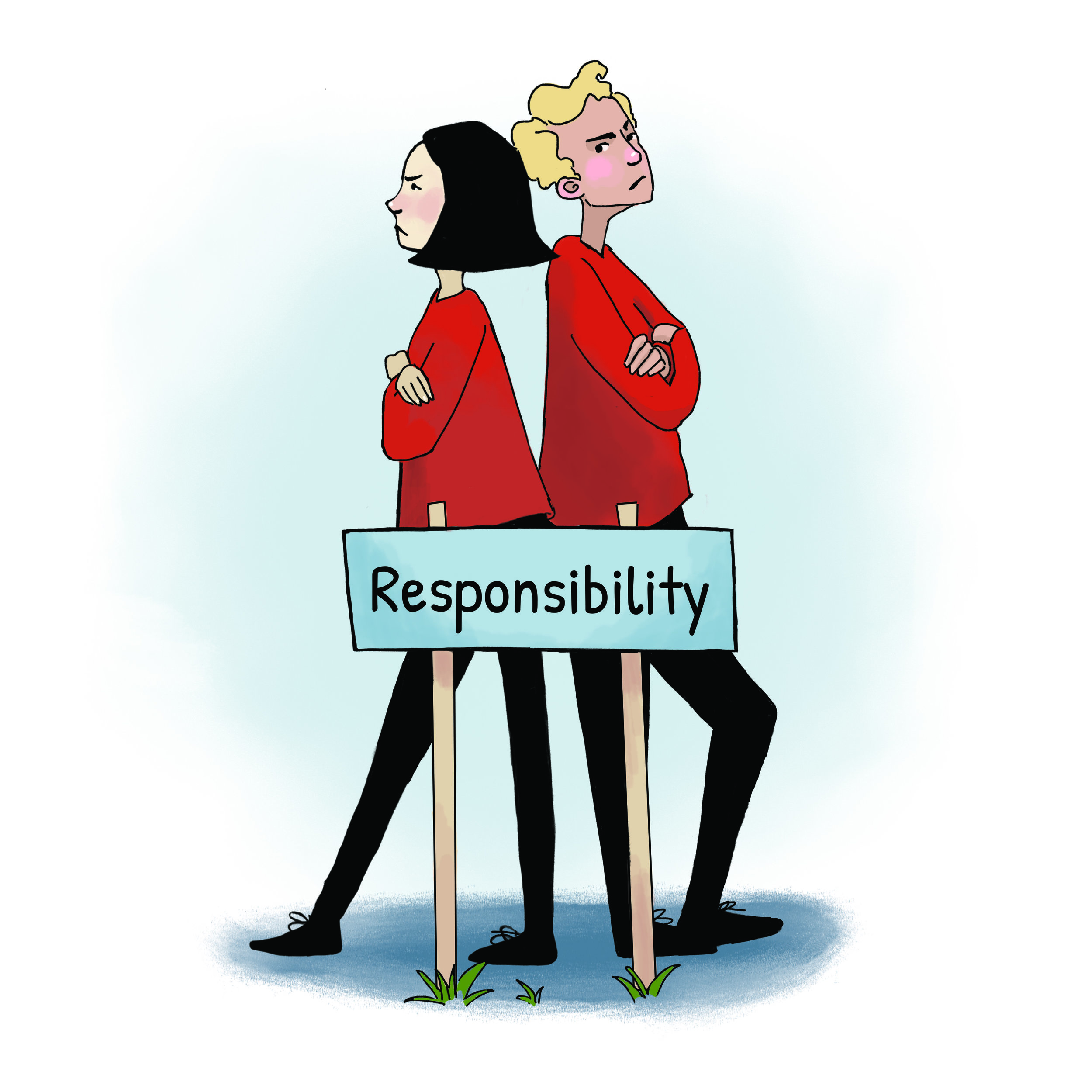Unwittingly Casting The First Stone?
When asked if you see yourself as offensive, most people will respond “no”. Take note. When someone demonstrates trust and confidence in you by expressing hurt initiated by your actions or words, if you fail to address the feelings expressed to you will likely compound the hurt and be viewed as offensive. By doing so, we unwittingly cast the first stone. This repeated action will undermine that person’s trust in you over time. It will likely alter your image in their eyes. Few people are willing to put their trust in someone viewed as hurtful or insensitive. Your unwillingness to soothe the pain is a demonstrated act of insensitivity. This offensive behavior causes communication breakdown and allows feelings to become compressed as they go repeatedly unaddressed. The oversight or action of neglect, can be the catalyst to a host of negative interactions.
When someone is angrily defends their mistaken position or view, the best course of action is to avoid discussing the misunderstanding at that time. 2 Timothy 2: 23-24 exhorts us not to become entangled in “foolish stupid arguments”, but to be kind. Taking the time to address the emotion will soothe the source of the pain.
In John 8: 4-11 when the woman caught in adultery was brought before Jesus as a means to trap him, he did not become angry and retaliate. He placed his focus on the woman who was obviously hurt. With calm intelligence, he then removed the focus from her and placed it on the imperfection of her accusers. As he stood, removed from all accusers, he expressed that he had no condemnation for her. He then encouraged her to step away from her sinful life. In like fashion we should remove the focus from self and place it on the person in pain. Your displayed sensitivity will cause you to be seen as just that “sensitive”. Sensitivity will soften even the hardest of hearts. Want to learn more about how to become more sensitive and less offensive with your reactions? Pick up a copy of “I Hear You” today.






